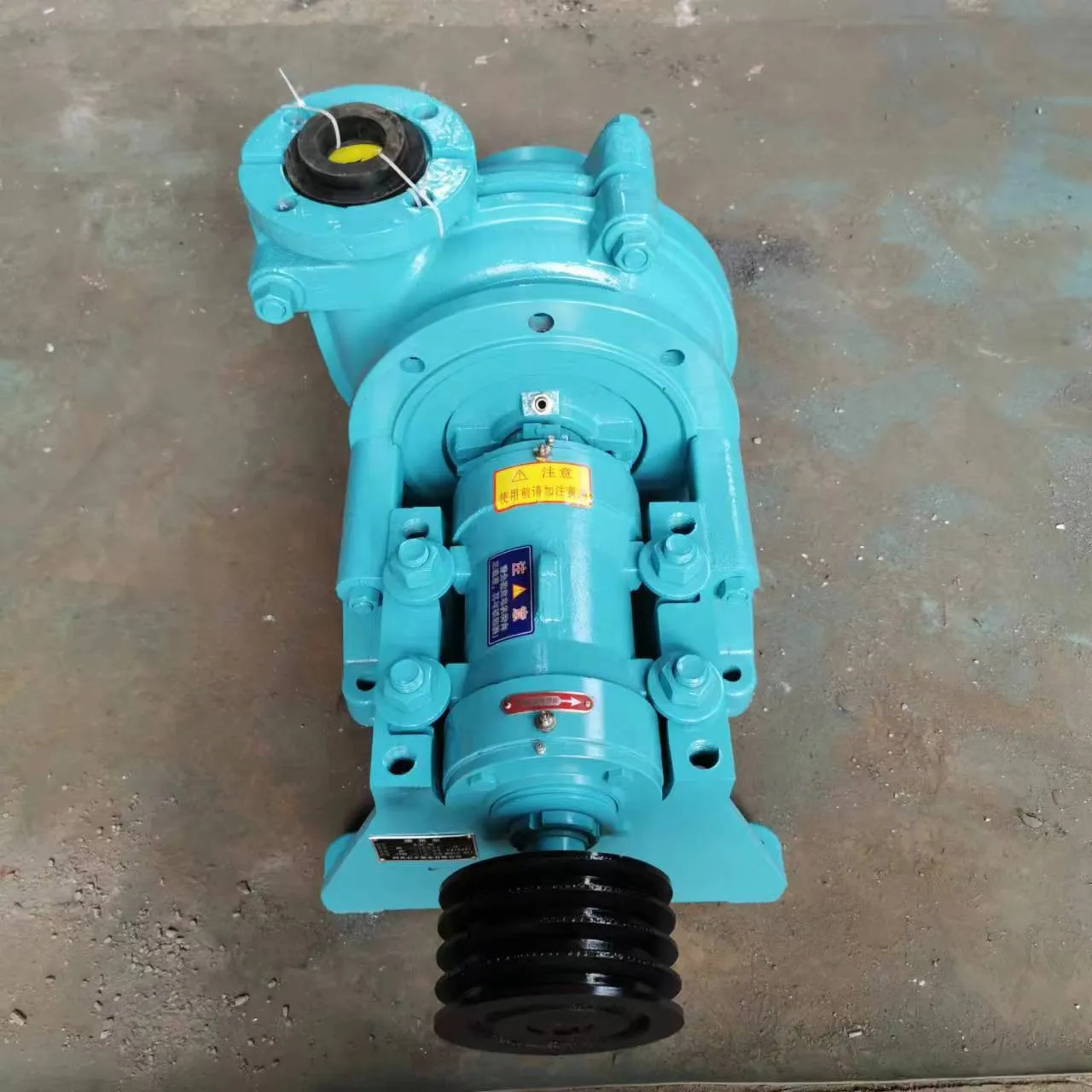English
- Afrikaans
- Albanian
- Amharic
- Arabic
- Armenian
- Azerbaijani
- Basque
- Belarusian
- Bengali
- Bosnian
- Bulgarian
- Catalan
- Cebuano
- Corsican
- Croatian
- Czech
- Danish
- Dutch
- English
- Esperanto
- Estonian
- Finnish
- French
- Frisian
- Galician
- Georgian
- German
- Greek
- Gujarati
- Haitian Creole
- hausa
- hawaiian
- Hebrew
- Hindi
- Miao
- Hungarian
- Icelandic
- igbo
- Indonesian
- irish
- Italian
- Japanese
- Javanese
- Kannada
- kazakh
- Khmer
- Rwandese
- Korean
- Kurdish
- Kyrgyz
- Lao
- Latin
- Latvian
- Lithuanian
- Luxembourgish
- Macedonian
- Malgashi
- Malay
- Malayalam
- Maltese
- Maori
- Marathi
- Mongolian
- Myanmar
- Nepali
- Norwegian
- Norwegian
- Occitan
- Pashto
- Persian
- Polish
- Portuguese
- Punjabi
- Romanian
- Russian
- Samoan
- Scottish Gaelic
- Serbian
- Sesotho
- Shona
- Sindhi
- Sinhala
- Slovak
- Slovenian
- Somali
- Spanish
- Sundanese
- Swahili
- Swedish
- Tagalog
- Tajik
- Tamil
- Tatar
- Telugu
- Thai
- Turkish
- Turkmen
- Ukrainian
- Urdu
- Uighur
- Uzbek
- Vietnamese
- Welsh
- Bantu
- Yiddish
- Yoruba
- Zulu
Telephone: +86 13120555503
Email: frank@cypump.com
Nov . 22, 2024 03:10 Back to list
progressive cavity pump slurry
Understanding Progressive Cavity Pumps for Slurry Applications
Progressive cavity pumps (PC pumps) are a type of positive displacement pump known for their reliability and efficiency in handling viscous fluids and slurries. The design of PC pumps makes them particularly suitable for a variety of industrial applications, including those involving slurries, which are mixtures of solids and liquids. This article delves into the principles of progressive cavity pumps, their construction, operational mechanics, and specific advantages when used for slurry applications.
Design and Construction
A progressive cavity pump consists of a helical rotor and a stationary stator. The rotor is usually made of metal, while the stator is typically crafted from an elastomeric material, enabling it to maintain a snug fit around the rotor. The unique geometry of these components creates multiple sealed cavities, allowing for a gentle and continuous flow of the fluid. In slurry applications, the ability to handle solid particles without damaging the pump is crucial.
The materials used in the construction of PC pumps are selected based on the nature of the slurry being pumped. For example, slurries that contain abrasive particles might require pumps made from hardened materials or those with specialized coatings to withstand wear. Additionally, different elastomer materials may be chosen to provide resistance to chemical corrosion, ensuring longevity and maintaining operational efficiency.
Operational Mechanics
The operating principle of a progressive cavity pump revolves around the rotation of the helical rotor within the stator. As the rotor turns, it creates a series of cavities that move the slurry through the pump. This mechanism generates a consistent flow rate, making progressive cavity pumps excellent for applications that require accurate dispensing.
One of the significant advantages of PC pumps in slurry services is their ability to handle a wide range of flow rates and viscosities. The adjustable speed of the pump allows operators to tailor the flow to specific requirements, making it ideal for applications where the slurry composition may change over time.
Advantages of Progressive Cavity Pumps for Slurry Applications
progressive cavity pump slurry

1. High Efficiency PC pumps maintain a continuous and smooth flow, which is particularly beneficial for moving slurries. They minimize pulsation and ensure a steady discharge, which is vital in many industrial processes.
2. Versatility These pumps can handle slurries with varying solid contents and viscosities, making them suitable for diverse industries such as mining, wastewater treatment, and food processing.
3. Low Shear The design of the pump reduces shear stress on the slurry, thereby preserving the integrity of the solid particles. This is particularly important in applications where solid morphology can impact the final product quality.
4. Durability With the right materials and coatings, progressive cavity pumps can endure abrasive and corrosive slurries, resulting in lower maintenance costs and longer service life compared to other types of pumps.
5. Self-Priming Capability Progressive cavity pumps can self-prime, which allows them to be installed in various configurations without the need for additional priming equipment.
Applications in Various Industries
Progressive cavity pumps are utilized in numerous sectors for slurry handling. In the mining industry, they are employed to transport slurries from mineral processing. In the wastewater sector, they assist in pumping sewage and other thick sludges. The food industry also benefits from actions such as transferring slurry during the juice extraction process or other food processing activities.
In conclusion, progressive cavity pumps are an effective solution for handling slurries in various industrial applications. Their unique design, operational efficiencies, and adaptability to different materials make them a preferred choice for operators dealing with challenging pumping scenarios. As industries continue to evolve, the reliance on such reliable technologies will remain paramount in ensuring efficiency and productivity.
-
Horizontal Split Case Pump with GPT-4 Turbo | High Efficiency
NewsAug.01,2025
-
ISG Series Pipeline Pump - Chi Yuan Pumps | High Efficiency, Durable Design
NewsAug.01,2025
-
Advanced Flue Gas Desulfurization Pump with GPT-4 Turbo | Durable & Efficient
NewsJul.31,2025
-
ISG Series Vertical Pipeline Pump - Chi Yuan Pumps | Advanced Hydraulic Design&Durable Construction
NewsJul.31,2025
-
ISG Series Vertical Pipeline Pump - Chi Yuan Pumps | Energy Efficient & Low Noise
NewsJul.31,2025
-
pipeline pump - Chi Yuan Pumps Co., LTD.|High Efficiency&Low Noise
NewsJul.31,2025










